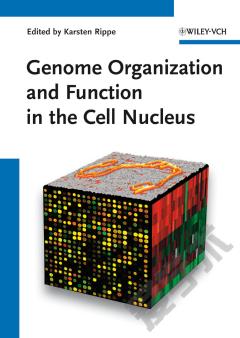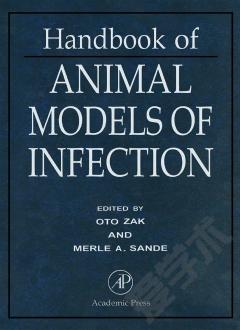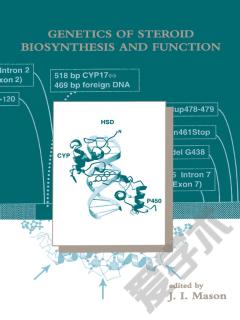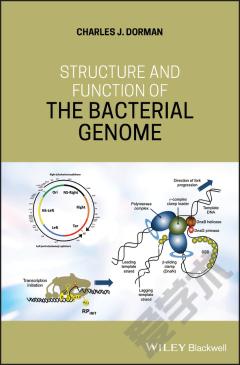Chromosomes —— Organization and Function
----- 染色体
Integrating classical knowledge of chromosome organisation with recent molecular and functional findings, this book presents an up-to-date view of chromosome organisation and function for advanced undergraduate students studying genetics. The organisation and behaviour of chromosomes is central to genetics and the equal segregation of genes and chromosomes into daughter cells at cell division is vital. This text aims to provide a clear and straightforward explanation of these complex processes. Following a brief historical introduction, the text covers the topics of cell cycle dynamics and DNA replication; mitosis and meiosis; the organisation of DNA into chromatin; the arrangement of chromosomes in interphase; euchromatin and heterochromatin; nucleolus organisers; centromeres and telomeres; lampbrush and polytene chromosomes; chromosomes and evolution; chromosomes and disease, and artificial chromosomes. Topics are illustrated with examples from a wide variety of organisms, including fungi, plants, invertebrates and vertebrates. This book will be valuable resource for plant, animal and human geneticists and cell biologists. Originally a zoologist, Adrian Sumner has spent over 25 years studying human and other mammalian chromosomes with the Medical Research Council (UK). One of the pioneers of chromosome banding, he has used electron microscopy and immunofluorescence to study chromosome organisation and function, and latterly has studied factors involved in chromosome separation at mitosis. Adrian is an Associate Editor of the journal Chromosome Research, acts as a consultant biologist and is also Chair of the Committee of the International Chromosome Conferences. The most up-to-date overview of chromosomes in all their forms. Introduces cutting-edge topics such as artificial chromosomes and studies of telomere biology. Describes the methods used to study chromosomes. The perfect complement to Turner.
{{comment.content}}








 京公网安备 11010802027623号
京公网安备 11010802027623号